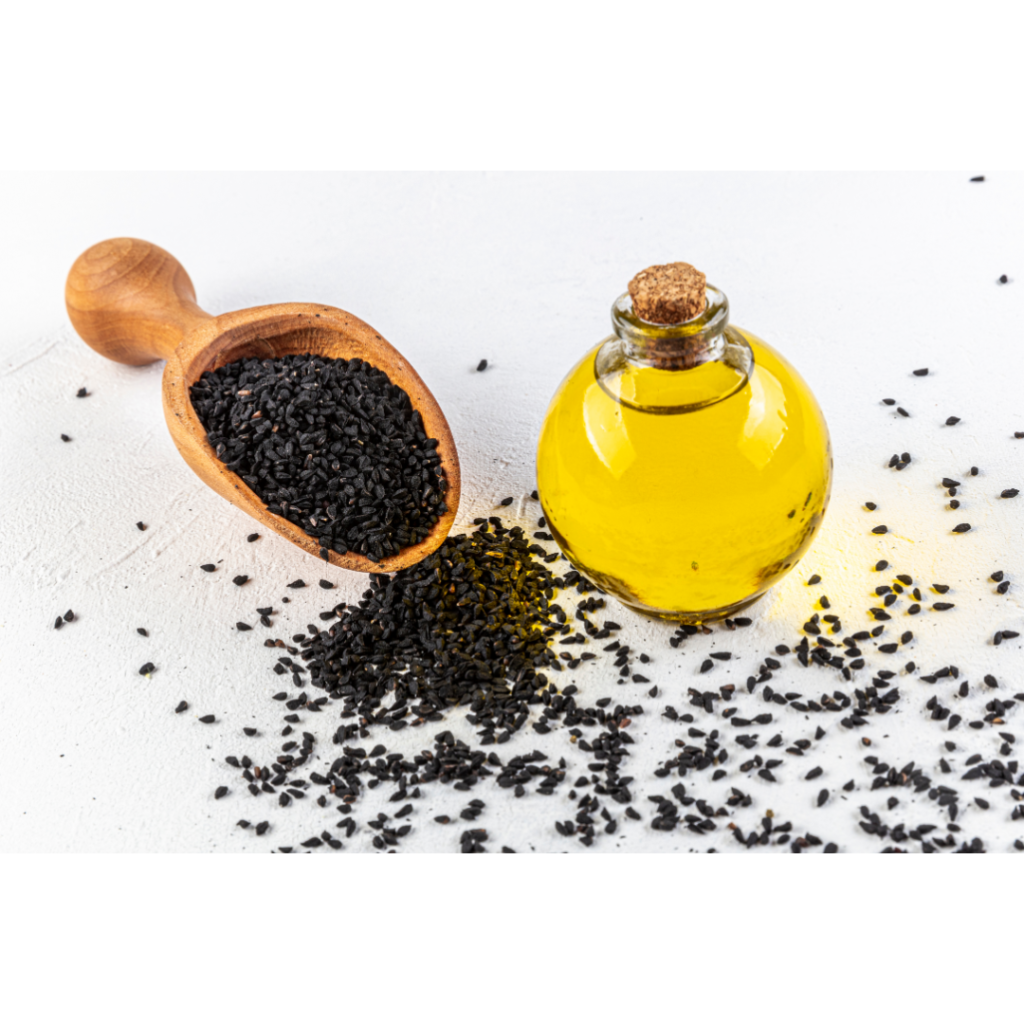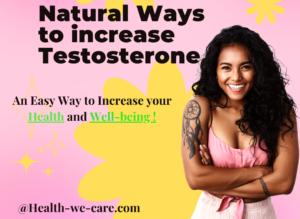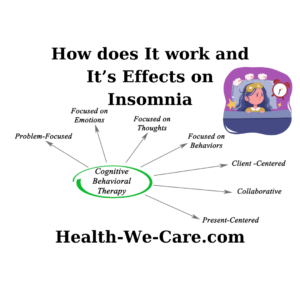In today’s digital age, scrolling through social media reveals a lot of health enthusiasts talking about the benefits of using cast iron, condemning seed oils, and passionately embracing a raw, homemade lifestyle.
As someone deeply involved in the health and fitness world, these trends raised some important questions for me. Are these claims just popular fads on the internet, or do they actually hold some truth that could significantly affect our well-being? One topic that caught my interest the most was the ongoing debate about seed oils—criticized for being potentially harmful and blamed for causing inflammation. Are these oils really as bad as they’re made out to be, or have we unknowingly brought trouble into our kitchens and bodies? Join me on a journey to uncover the truth behind these social media stories and understand the real impact of seed oils on our health.
What exactly falls under the category of Seed Oils?
Seed oils are edible oils extracted from the seeds of plants, encompassing a diverse range of sources such as soybeans, sunflowers, flaxseeds, and sesame. These oils serve as integral components in cooking, baking, and food procession, contributing distinct flavors and textures to a variety of dishes. So essentially, you can find seed oils in nearly every manufactured food, and of course in conventional containers at your local supermarket.
So what does social Media say ?
Social media is a battleground of ideas when it comes to the perceived dangers of seed oils.It’s not uncommon to incite a backlash nowadays if you openly demonstrate the use of seed oils, for instance, in a cooking video.Claims range from their purported toxicity due to high levels of omega-6 fatty acids to being catalysts for inflammations. Critics also contend that the processing methods used in extracting seed oils may lead to oxidation, which can result in the production of free radicals, causing oxidative stress and potential damage to cells.
What do experts say ?
Experts in nutrition and health offer a nuanced perspective on seed oils. While opinions can vary, a general consensus emphasizes the importance of balance, moderation, and the overall context of one’s diet. Here I list some key points often highlighted by experts:
Omega-3 to Omega-6 Ratio: Experts recognize the significance of maintaining a balanced ratio of omega-3 to omega-6 fatty acids for optimal health. Excessive consumption of omega-6, found in some seed oils, without sufficient omega-3 intake may contribute to an imbalance, potentially leading to inflammation.
Quality Matters: The quality of seed oils matters. Cold-pressed or minimally processed oils, such as extra virgin olive oil, are often recommended for their potential health benefits. These oils preserve more of the original nutrients and may have a more favorable fatty acid profile.
Individual Variation: Nutritional needs vary from person to person. Factors such as genetics, overall diet, and health conditions play a role in how an individual responds to different dietary components, including seed oils.
Whole Diet Perspective: Experts emphasize that focusing solely on individual ingredients, like seed oils, may oversimplify the complexities of a person’s overall diet. A holistic approach that considers the entire dietary pattern is crucial for understanding its impact on health.
Informed Choices: Rather than demonizing specific foods, experts encourage making informed choices based on a variety of factors, including the nutritional content of foods, individual health goals, and the overall dietary pattern.
What do I think ?
As we navigate the sea of health trends on social media, it’s essential to approach each proclamation with a critical eye. The seed oil debate exemplifies the need for a balanced perspective, emphasizing moderation, quality, and individual considerations in our dietary choices. By understanding the nuances surrounding seed oils, we can make informed decisions that contribute to our overall well-being.
I think that Social media on the one hand can be a perfect place to learn and grow in your preferred Niche. On the other Hand you will always have to do your own research and you have to remind yourself that Social media is more a place to get inspiration than actual scientific facts.
The Seed oil debate is a perfect example that you can not generalize if something is dangerous or not. As there are more Topics like this currently floating through the health Social media Scene, I want to start a Series to investigate more and give a diversified look on some of them. Let’s embrace the journey of unraveling truths and fostering a healthier relationship with the foods we consume.
Stay Connected with Us!
Thank you so much for reading our article. We hoped you enjoyed it and gained some insight and knowledge to form your own opinion about this topic ! If you want to see more from us check our other blog posts here ! For daily content you can follow us on Instagram here ! See you next time, cheers.

Sources
- American Heart Association (AHA): “Cooking Oils 101: What You Need to Know”- https://www.heart.org/en/healthy-living/healthy-eating/eat-smart/fats/cooking-oils
- Harvard T.H. Chan School of Public Health: Healthy Cooking Oils — The Ultimate Guide” –https://www.health.harvard.edu/staying-healthy/expand-your-healthy-cooking-oil-choices
- https://www.heart.org/en/healthy-living/healthy-eating/eat-smart/fats/healthy-cooking-oils
- World Health Organization (WHO): Fats and fatty acids in human nutrition- https://www.who.int/news-room/fact-sheets/detail/healthy-diet





2 Comments
Thanks for sharing. I read many of your blog posts, cool, your blog is very good.
Thanks for sharing. I read many of your blog posts, cool, your blog is very good.